|
"In the wilderness, you have left cyberspace behind in one sense, but not in another. You’re still surrounded by it physically, and it continues to offer itself as a possibility of information and communication. Isn’t it Luddite to refuse the offer altogether? Doesn’t a refusal betray a timid failure to come to terms with technology? And aren’t you drawing an arbitrary line through technology? After all, everything you wear and carry is high tech, the fabrics of your clothing and shoes, the poles of your tent, the cooking utensils, the binoculars, the watch, and the map. There are not only questions of consistency but also questions of ethics. You can get lost or injured in the wilderness. If lost, is it responsible to make the Search and Rescue people pay in toil and time for your precious refusal to carry a GPS device not to mention the anxiety you are causing your beloved when you’re not showing up at the appointed time? Similarly, when someone in your party is injured and immobilized, is it right to jeopardize the person’s health or even life while you’re getting help? Shouldn’t you have some electronic device that would have summoned help quickly and effectively? Information technology might also make your hike more deeply informed and moving. Say you carry a device with a camera; you point it at a particular peak, and an app informs you that this is Chief Mountain where, as James Welch tells us at the beginning of Fools Crow, ‘Eagle Head and Iron Breast had dreamed their visions in the long-ago.’ Is such a device much different from a knowledgeable companion and in fact more reliable and better informed than a human could be (though of course incapable of a conversation)? If such a snapshot makes your trip more valuable, why not ‘one day’ not far in the future wear a pair of spectacles from Google’s Project Glass? It won’t be very different or more obtrusive than the sunglasses you’re wearing now. It responds to voice commands and on request projects fourteen icons on your visual field. If you worry about an impending snowstorm that may blind you on your ascent to Stuart Peak, you can call up the weather forecast. If your worry was unfounded and you made the peak, but took a wrong turn on your descent, you call up a map, and it shows you before your very eyes and in vivid detail where to go to reach your campsite. If you suddenly remember a crucial appointment you should have scheduled, you summon your calendar and record a reminder. If on your way down you come upon a lovely flower, unknown to you, you hold it in your gaze and are told: It’s the Mountain Bog Gentian, and here are its interesting facts. As you approach your camp, there is a high-country sunset of ravishing beauty, just the thing to impress and provoke envy in your colleagues. You take a picture and send it to them. But why not send them a continuous video of your entire hike, fine-grained and in three dimensions, complete with audio? In fact on their giant plasma screen with perfect stereo sound, they can share your entire experience, a better experience in fact since they won’t have to suffer your chills and exhaustion and can fast-forward through all the tedious part of hiking and camping. Come to think of it, why not just stay home and rent the perfect wilderness hike video? If exhaustion has to be part of the experience, you can watch it while doing stairs on your stair climber machine. I have traced a trajectory from the reasonable via the plausible to the laughable. It shows us how seemingly inescapable, continuous, and seductive the culture of technology is. You enter the wilderness with reasonable moral concerns, follow the logic of technology, and end up in the gym, watching a screen. It seems that any line you may draw across the trajectory is arbitrary, including the legal line between wilderness and non-wilderness." 1 “Technology as a way of taking up with reality has put the power of technological information in the service of radical disburdenment. At the limit, virtual reality takes up with the contingency of the world by avoiding it altogether. The computer, when it harbors virtual reality, is no longer a machine that helps us cope with the world by making a beneficial difference in reality; it makes all the difference and liberates us from actual reality.” 2 1 Albert Borgmann in The Force of Wilderness Within the Ubiquity of Cyberspace (AI & Society, 2017) 2 Borgmann, Holding On to Reality: The Nature of Information at the Turn of the Millennium. p. 183. Images from•hiking.org/2015/09/27/the-gadget-hiker/
•https://www.gettyimages.com/detail/photo/android-red-dawn-royalty-free-image/1248714443 •https://www.youtube.com/watch?v=PyFN_FYwqvc •https://www.reddit.com/media?url=https%3A%2F%2Fi.redd.it%2Fmpqu13erce611.jpg •https://payload374.cargocollective.com/1/16/527053/9780406/--illustrations-02-LevelUp-05_800.png •https://www.pinterest.com/pin/670121619531984065/ •https://i.ytimg.com/vi/s4SiDIi_gfc/maxresdefault.jpg
0 Comments
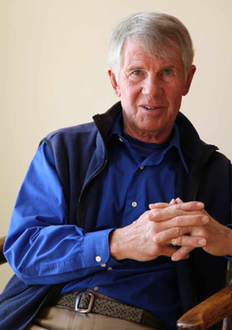 "The most serious form of environmental pollution is always mind pollution. Environmental reform most fundamentally depends on changing the way we think. Scientists may have answers to environmental problems, but the answers are not solutions unless they change behavior. Enough technology! It's time to listen to the humanists again." --Roderick Nash (2001) From: Noel, T. J., & Fielder, J. (2001). Colorado, 1870-2000, revisited: the history behind the images. Big Earth Publishing. General Oliver O. Howard to Chief Joseph (Hinmatoowyalahtq'it) and Nez Perce (Nimiipuu) in Montana (1877) "The earth is the mother of all people, and all people should have equal rights upon it. You might as well expect all rivers to run backward as that any man who was born a free man should be contented penned up and denied liberty to go where he pleases" --Chief Joseph (Hinmatoowyalahtq'it) in Washington D.C. in 1879
"State a moral case to a ploughman and a professor. The former will decide it as well, and often better than the latter, because he has not been led astray by artificial rules."
--Thomas Jefferson (1743-1826) "neither science nor philosophy is needed to know what one has to do in order to be honest and good, and indeed wise and virtuous."; "judgment...can be confused and deflected from the right direction by a lot of inappropriate and irrelevant considerations." --Immanuel Kant (1724-1804) "Socrates could never get tenure in a philosophy department today. That Socrates could never get tenure today is an indictment of the system--a reductio ad absurdum--not an indictment of Socrates"
"my hearers always imagine that I myself possess the wisdom which I find wanting in others: but the truth is...the wisdom of men is little or nothing" --Socrates (-470 -- -399) "Heidegger has always been the essential philosopher."
—Michael Foucault (1926-1984) "The most thought-provoking thing about this thought-provoking time is that we’re still not thinking." —Martin Heidegger (1889-1976) "Thinking is a lonely business." —Heidegger to Hannah Arendt in Hannah Arendt (2012) "The overpowering rise of machinery pains and frightens me; it is rolling along like a thunderstorm, slowly, slowly; but it has taken its direction, it will come and strike."
--Johann Wolfgang von Goethe (1749-1832) as Susanne in Wilhelm Meisters Wanderjahre “Possibly, in our intuitive perceptions, which may be truer than our science and less impeded by words than our philosophies, we realize the indivisibility of the earth—its soil, mountains, rivers, forests, climate, plants, and animals, and respect it collectively not only as a useful servant but as a living being, vastly less alive than ourselves in degree, but vastly greater than ourselves in time and space...” --Aldo Leopold (1887-1948)
“Why does this strange man go into the wet woods and up the mountain on stormy nights? Why does he walk along on barren peaks or on dangerous mountains?”
--Toyatte (Chilkat) “It has always seemed to me that while trying to speak to traders and those seeking gold mines that it was like speaking to a person across a broad stream that was running over fast stones and making so loud a noise that scarce a single word could be heard. But now, for the first time, the Indian and the white man are on the same side of the river.” --Chilkat chief Dan-na-wuk "I am, alas, destined for a career that distracts me terribly from my studies.”
--Alexander Von Humboldt (1769-1859) Alexander longed to live "far away from the so-called intellectuals." “There was still an instinctive wariness of his brother’s more analytical way of thinking, and ‘the knack that logical reasoning has to kill off the spirit and the imagination’.” “While [Alexander's brother] was in the process of arranging his life down to the colour of his teapot, Alexander seemed to recoil instinctively against everything conventional and regimented.” Guru Nanak (1469-1539)
I randomly discovered this quote. I don't know what exactly the founder of Sikhism meant by it, but it's interesting in 3 ways: 1) philosophical and religious debates and arguments about meat consumption are clearly very old, 2) science and technology have blurred the line between animals and plants. Here are 2 obvious examples: A) Lab grown meat: https://www.scientificamerican.com/article/lab-grown-meat/ B) Plant pain response: https://www.pri.org/…/new-research-plant-intelligence-may-f… 3) And we may never know the right answer to some of these questions and a healthy dose of skepticism about the limits of our metaphysical and ethical understanding is a good thing. Finally, it reminds me of the Nirvana lyric: "it's ok to eat fish because they don't have any feelings" -- a position close to that found in the work of philosopher Peter Singer, which seems to me a bit arbitrary and potentially unknowable (https://www.wbur.org/…/why-its-ok-for-vegans-to-eat-oysters…). "An eclectic is someone who, trampling underfoot prejudice, tradition, consensus, antiquity, authority — in a word, everything that governs the mind of the common herd — dares to think for himself."
-Denis Diderot (1713-1784) "Rousseau claimed to be incapable of thinking properly, of composing, creating or finding inspiration except when walking. The mere sight of a desk and chair was enough to make him feel sick and drain him of all courage.”
“Later still he became a sort of outlaw, driven out wherever he went, a leading undesirable, condemned in Paris, in Geneva. His books were publicly burned and he was threatened with jail. People threw stones at him in Moutier.” From: A Philosophy of Walking - Frederic Gros "the warmth of sun on our skin, the stroke of wind, the sound of thunder and rain, the push of rivers and swell of seas, the smell of thawing dirt, the sight of leaves and blossoms unfurling, the pinpricks of light from stars, the intake of breath and thump of heart. These sensations have yielded humankind's perennial images for the ultimate nature of things, imagery that runs through scriptures, folktales, petroglyphs, poems, paintings, and other symbolic expressions the world over" - Scott Russell Sanders
"At this moment I can picture Ekok, somewhere out in the wilderness of the North...The wind blows fiercely into her face, and sharp pains tingle in her nose as the frost nips it. It is bitter traveling, and maybe as she stops a moment to get her breath she wonders what all her hardships are for, what good comes from all the suffering and futility and misery of life. But if so it can only be for an instant. Reasons are only for children who have time to dodge actuality with philosophical diversion. Here is snow and wind and freezing in the storm-filled sky. Here is life and the Arctic and the great, instinctive surge to live. She bends her head a little lower and pushes forward once more into the blizzard."
-Bob Marshall, Arctic Village |
Chris Dunn, PhD
Researcher, writer, explorer*, photographer, thinker. Wrestling with nature, culture, technology. Archives
July 2024
Categories
All
*When I use the term "exploration", I mean it in a personal sense (discovery for myself, or at a unique moment in time [everywhere after all--even crowded cities--endlessly await rediscovery--by new eyes and in new moments]), not in an absolute sense. With few exceptions (notably Antarctica), almost everywhere on earth has had other people around for a long time (though to varying degrees - high mountain tops or places like the interior of the Greenland Ice Sheet for instance were far less visited and populated, and undoubtedly at least some pockets of the earth were never visited or populated). It is an enlightening experience though when on an isolated ridge in what feels like the middle of nowhere to wonder if anyone has set foot there but never knowing for sure. What is significant is that the landscape itself is left in such a condition that it isn't evident. Some places ought to be kept that way.
|


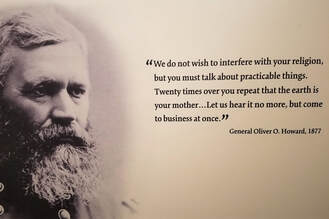


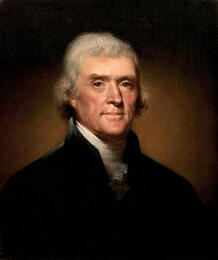




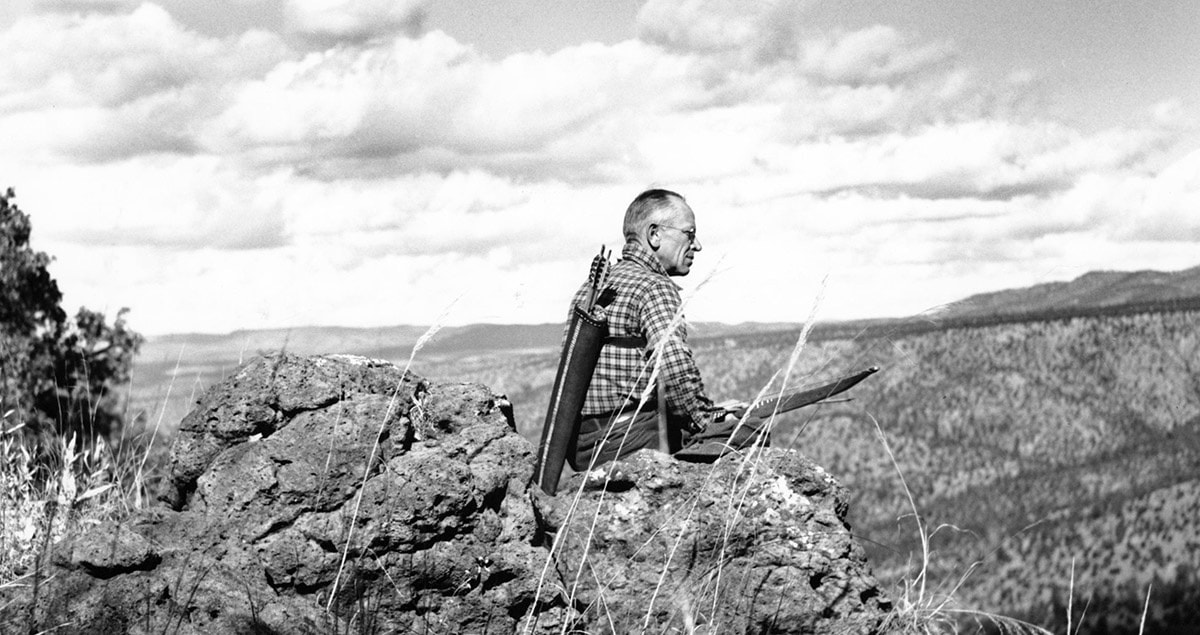
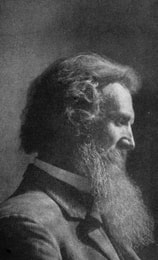
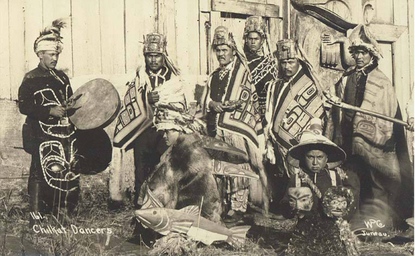
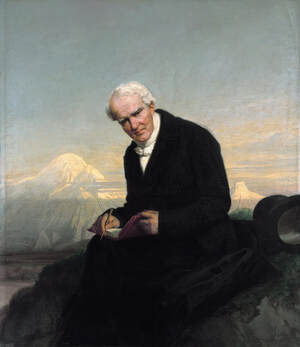
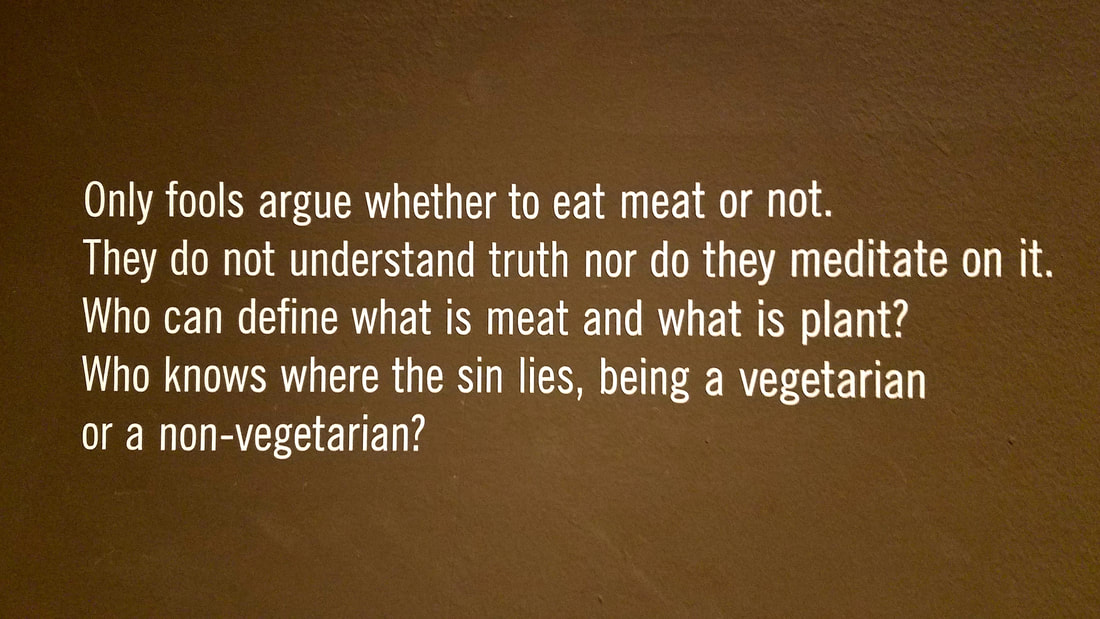



 RSS Feed
RSS Feed